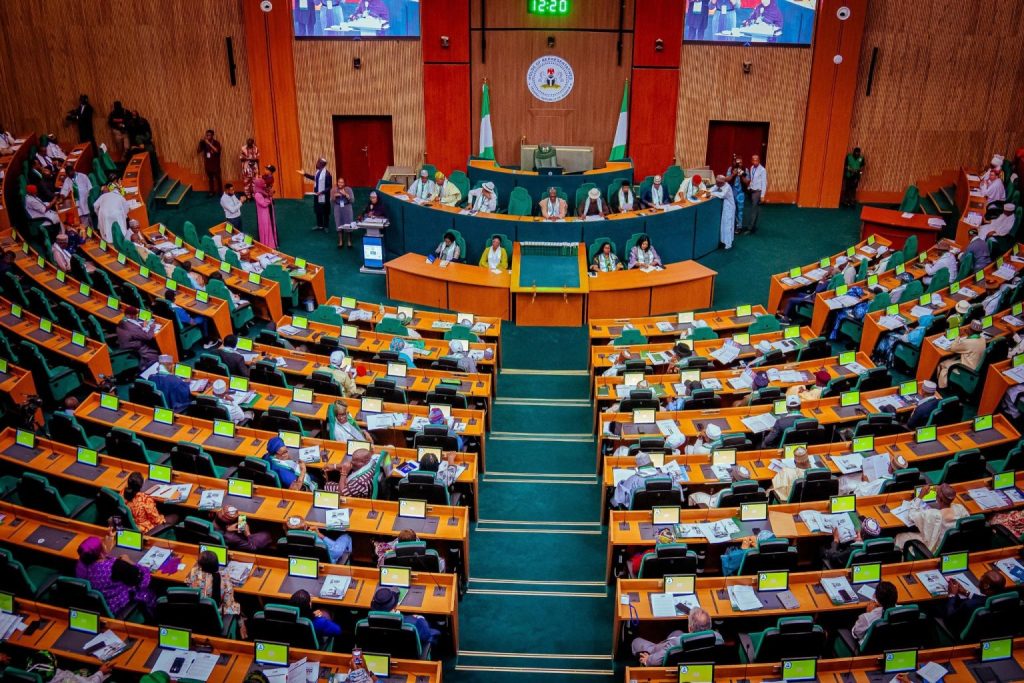
Nigeria is taking a major step toward restructuring its financial technology (fintech) sector with a proposed bill that seeks to establish a single, powerful regulatory body to oversee all fintech operations in the country. The move aims to streamline oversight, enhance investor confidence, and protect consumers in one of Africa’s fastest-growing digital economies.
The proposed legislation, currently under review by the National Assembly, would consolidate the roles of several existing regulators — including the Central Bank of Nigeria (CBN), the Securities and Exchange Commission (SEC), and the National Information Technology Development Agency (NITDA) — into a unified authority. This new body would be responsible for licensing, compliance monitoring, data protection, and innovation support across the fintech ecosystem.
According to policymakers, the fragmented regulatory environment has created uncertainty for startups and investors. Many fintech companies have faced overlapping mandates, inconsistent guidelines, and delays in obtaining approvals. By introducing a centralized regulator, the government hopes to eliminate bureaucracy and create a clear, predictable framework for innovation.
Industry experts view the bill as a potential game-changer. Nigeria’s fintech sector — home to major players such as Flutterwave, Paystack, and OPay — has attracted billions in foreign investment and drives financial inclusion for millions of unbanked citizens. However, recent controversies involving fraud, data breaches, and unregulated digital lending have heightened calls for stronger oversight.
If passed, the new framework would establish a “Fintech Regulatory Authority” empowered to set national standards, coordinate with global financial watchdogs, and encourage responsible innovation through sandboxes and pilot programs. The bill also proposes stricter penalties for non-compliance and unethical practices.
Supporters argue that this unified approach could boost investor confidence and position Nigeria as a regional fintech hub. Critics, however, warn that excessive centralization could stifle innovation if not managed carefully.
As Nigeria balances innovation with regulation, the outcome of this bill could define the next chapter of its digital finance revolution — determining whether the country can sustain its momentum as Africa’s fintech powerhouse while safeguarding the interests of consumers and investors alike.
Leave a Reply